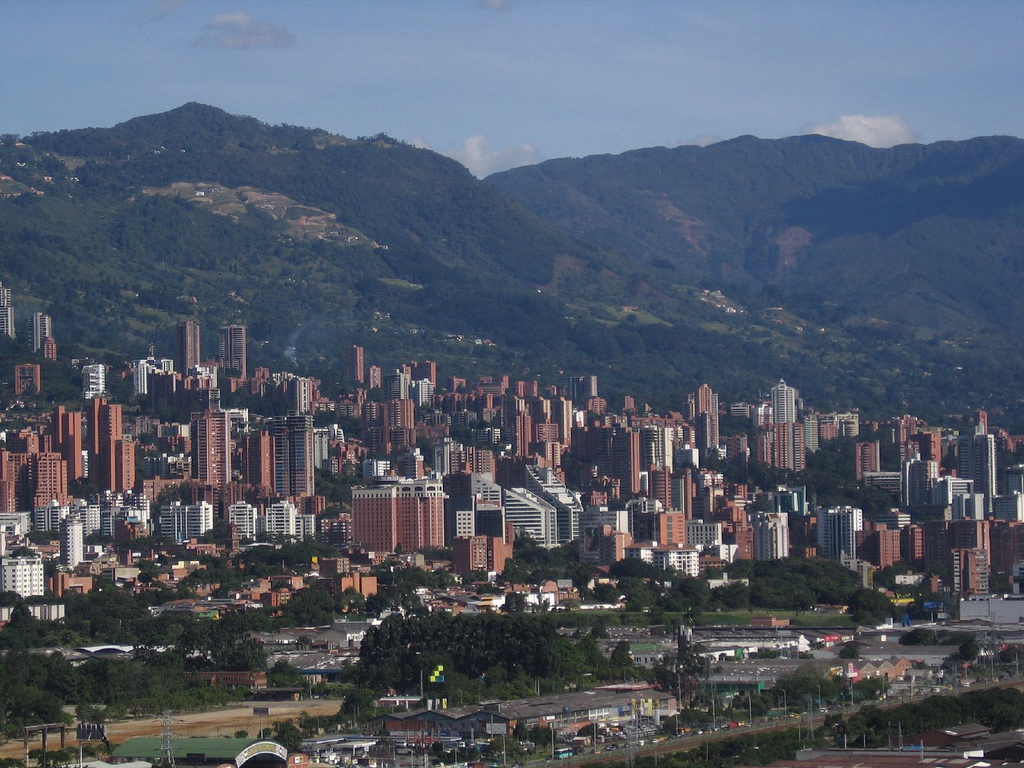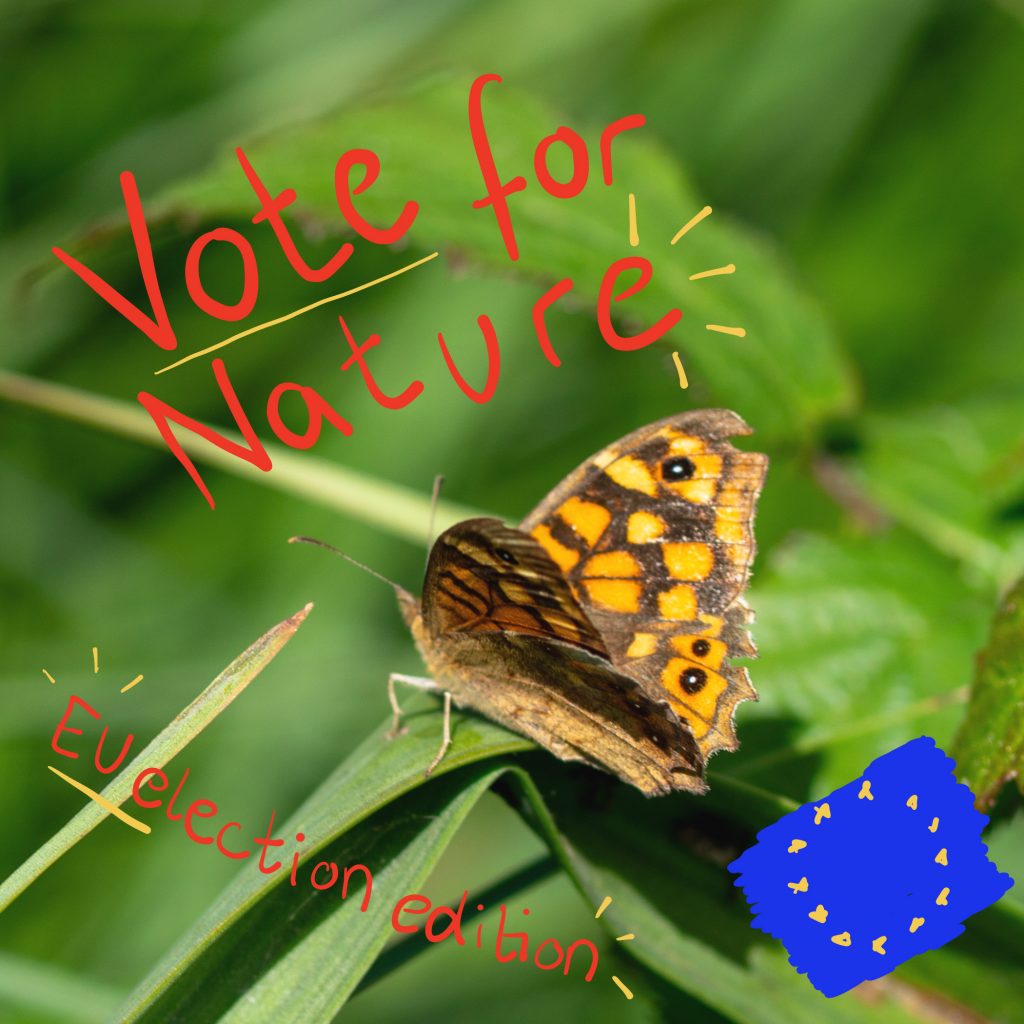It’s rewilding day week and to celebrate appropriately we have collected our top 5 rewilding documentaries. So get your popcorn ready and get inspired to dive deep into the world of Rewilding.
1. David Attenborough: A Life On Our Planet
A life on our planet, by David Attenborough for next level nature inspiration. The documentary premiered on Netflix in early October 2020, the movie serves as Attenborough’s personal testament to the natural world. Throughout his 94 years, Attenborough has traversed every corner of the globe, capturing the beauty and diversity of our planet’s ecosystems. For the first time, he reflects on the pivotal moments of his life as a naturalist and the profound changes he has witnessed. “David Attenborough: A Life On Our Planet” offers a compelling firsthand narrative of humanity’s impact on nature, coupled with a hopeful message for the future, that will inspire you to jump into action.
2. Rewilding, a new path for nature in Portugal
Rewilding, a new path for nature in Portugal (or “um novo caminho para a natureza em Portugal”) – is a great example for rewilding in europe. The documentary aims to shed light on rewilding initiatives led by the Rewilding Portugal team. The 21-minute film was created by Portuguese wildlife filmmaker João Cosme. The documentary shows the rewilding efforts in the north of Portugal, highlighting the principles of rewilding but also showing how to successfully include humans into the picture. The rewilding efforts by rewilding portugal and their team is what got us inspired to explore the opportunities for rewilding in the north of Portugal with Sylvester, and you’ll see why in the documentary.
3. #Dambusters: The Start of the Riverlution
#Dambusters: The Start of the Riverlution – this documentary will get you maximally inspired to jump headfirst into nature activism. The “Dambusters” embark on a journey across Spain, France, Finland, and beyond to explore the transformative power of rivers. The concept of removing barriers from rivers originated in Europe in the 1980s. What was once just a distant aspiration among a small group of environmentalists has now evolved into a reality: river restoration projects are underway throughout Europe. Previously fragmented ecosystems are experiencing revitalization, transforming into flourishing sanctuaries for wildlife and returning to their natural state prior to human interference. Migrations of iconic fish species are beginning to reappear. As this movement gains momentum, it not only breaks down physical barriers but also challenges mental barriers.
4. Zimbrul
Zimbrul – is a beautiful example of how to integrate humans into rewilding. In this documentary on bison, created by acclaimed French filmmaker and photographer Emmanuel Rondeau, he delves into a tale as ancient as time yet still profoundly relevant today: the intricate bond between humans and other species. Titled “Zimbrul” (meaning “bison” in Romanian), the film offers a glimpse into the local communities and landscapes where these iconic creatures are reintroduced to the untamed wilderness of the Southern Carpathians. Through captivating storytelling, the documentary captures the evolution of people’s perceptions in the presence of natural magnificence, illustrating how, with patience and compassion, we can forge a future marked by prosperity and harmony. As part of the WWF-Romania and Rewilding Europe’s Life Bison Project, more than 50 rewilded bison now roam freely in the Southern Carpathians, benefiting not only the ecosystem but also over 100 families through associated services such as ecotourism.
5. My octopus teacher
My octopus teacher is one of the most inspiring human wildlife stories, especially when you have a look underwater. It is a Netflix Original documentary released in 2020, directed by Pippa Ehrlich and James Reed. The film chronicles filmmaker Craig Foster’s year-long journey of bonding with a wild common octopus inhabiting a kelp forest in South Africa. The story starts in 2018, when Craig Foster embarked on a series of free-dives into a chilly underwater kelp forest located in False Bay, near Cape Town, South Africa. This remote area, situated near Simon’s Town on the Cape Peninsula, is influenced by the cold Benguela current of the Atlantic Ocean. Foster meticulously documented his underwater experiences, leading him to encounter a curious young octopus that captured his fascination. The film beautifully illustrates Foster’s deepening connection with the octopus as he shadows her for nearly a year. Through their interactions, a profound bond forms, allowing Foster rare insights into the octopus’s daily life, including her sleeping habits, daily routines, and feeding behaviour.






